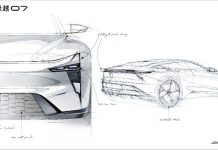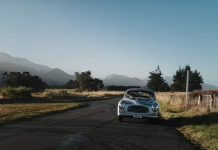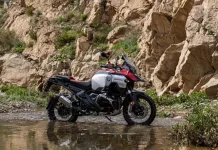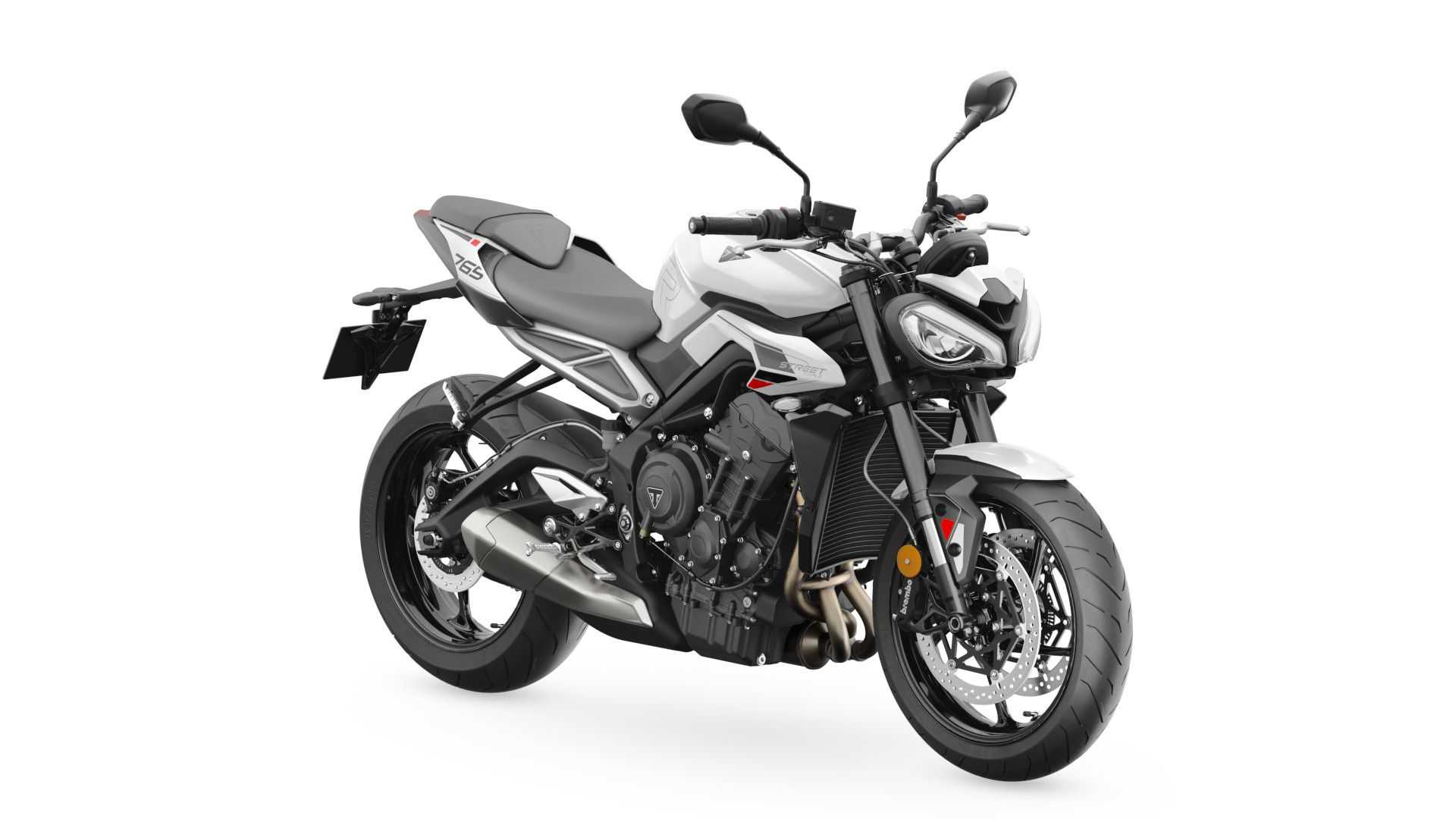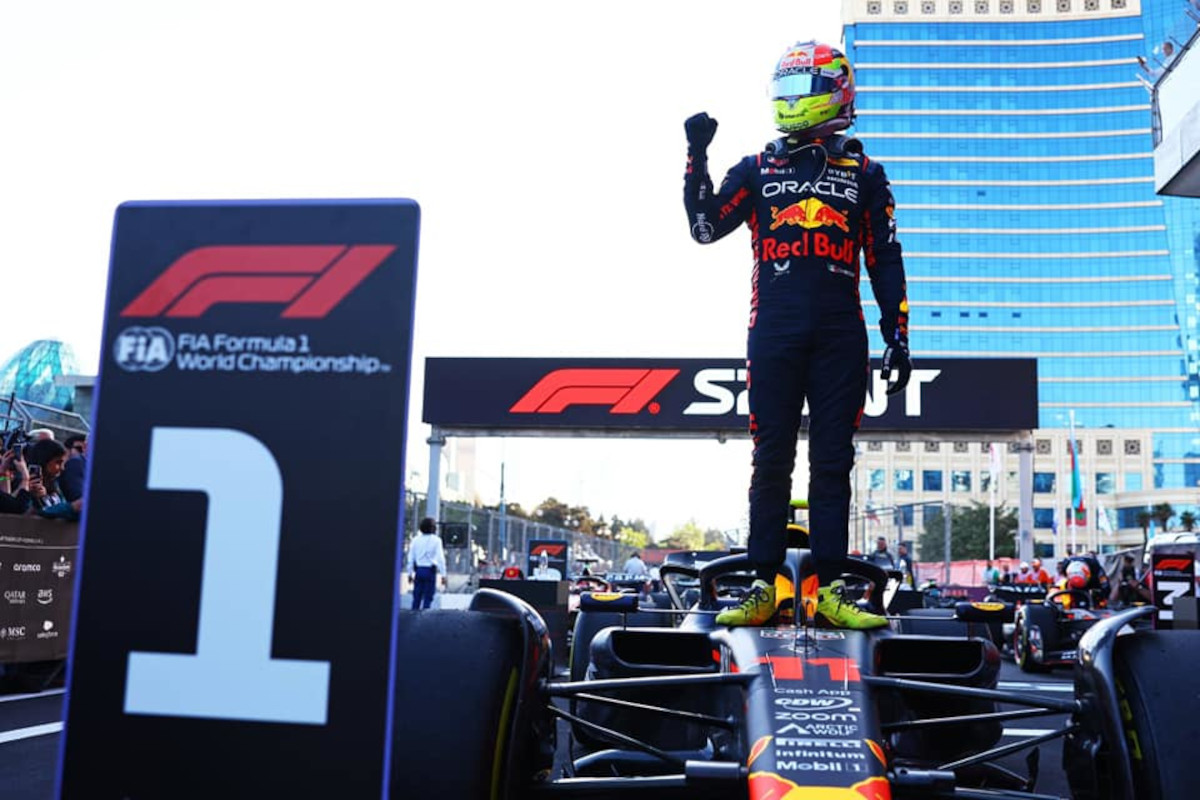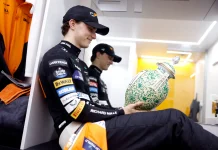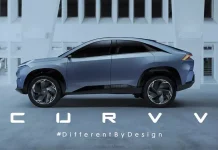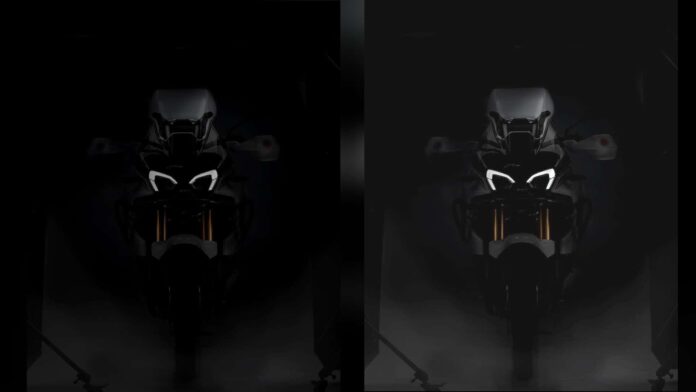MV Agusta
The journey of MV Agusta’s adventure bike project, from the initial stages of the Lucky Explorer to the uncertainties under KTM’s partial acquisition, highlights the dynamic and often unpredictable nature of the motorcycle industry. These shifts are not just about changing market trends but also involve corporate strategies, brand image considerations, and historical legacies.
Lucky Explorer
The decision to potentially rebrand the Lucky Explorer under the “9.5 Project” and the modifications noted in the teaser images suggest several strategic considerations:
- Brand Image and Legacy: MV Agusta has a storied history and a specific brand image centred around high performance, luxury, and exclusivity. Integrating an adventure bike into this lineup is a delicate process, as it needs to resonate with both existing enthusiasts and a new audience. By potentially moving away from the “Lucky Explorer” name, which has historical significance but may not align with current branding, MV Agusta can better control the narrative around this new product.
- Market Positioning and Competition: The adventure motorcycle segment is highly competitive, with established models from brands like BMW, Honda, and KTM. MV Agusta needs to differentiate its offering, and the teased high-end components (like the Öhlins suspension) indicate a focus on premium market positioning. This strategy aligns with MV Agusta’s existing lineup, which tends to favour higher-end, performance-oriented models.
9.5 Project
- Corporate Dynamics with KTM: Stefan Pierer’s comments and the public discourse around KTM’s involvement in MV Agusta underscore the complexities of corporate partnerships and investments. KTM, with its own successful adventure bikes, may have strategic reasons for downplaying the Lucky Explorer project. MV Agusta’s decision to proceed—potentially under a new name and branding—could be a move to assert its independence and strategic direction, emphasizing that while it values the investment and partnership with KTM, it maintains its own identity and future path.
KTM
- Consumer Expectations and Engagement: The use of social media teasers, ambiguity around the naming, and slow reveal are all tactics to generate buzz and anticipation among consumers. Given the delays and corporate drama, MV Agusta understands that the bike’s launch needs to be impactful. By engaging the audience in this way, they’re building a narrative around the bike that goes beyond its specifications or performance – it’s about intrigue, anticipation, and the brand’s journey.

introducing a new adventure bike model or rebranding an existing project like MV Agusta’s rumored “9.5 Project” has its set of advantages and challenges. Here’s a breakdown of potential pros and cons:
Pros
- Diversification: Entering the adventure bike segment allows MV Agusta to diversify its portfolio. It’s a step away from their traditional focus on sport and luxury performance bikes, potentially attracting a new consumer base that prioritizes versatility and off-road capability.
- Market Trends: The adventure motorcycle segment has seen significant growth, with riders seeking bikes that offer a combination of performance, comfort, and the ability to handle diverse road conditions. By entering this market, MV Agusta is keeping pace with industry trends and meeting emerging consumer demands.
- Brand Extension: If successful, this move can enhance the brand’s image by showcasing its ability to excel in a different category, reinforcing its technical prowess, design capabilities, and versatility in motorcycle production.
- Global Reach: Adventure bikes often have a more global appeal, especially in regions where off-road riding is popular or necessary due to terrain conditions. This category’s practicality could open MV Agusta to broader international markets.
- Innovation and Tech Advancements: Developing an adventure bike requires considerations of durability, rider assistive technology, and comfort over long distances. This can drive innovation and lead to technological advancements that benefit not just the adventure model but the brand’s entire lineup.
Cons
- Brand Dilution: MV Agusta is traditionally known for high-performance, luxury motorcycles. Moving into the adventure segment, perceived as more utilitarian, could dilute its brand identity, confusing consumers and potentially alienating its existing customer base.
- High Competition: The adventure segment is already highly competitive with well-established players like BMW, Honda, and KTM. Gaining a foothold in this market requires significant investment in marketing, customer education, and potentially in after-sales services, given the different needs of adventure touring customers.
- R&D Costs: Adventure bikes require extensive research and development, not only for performance but also for rider comfort and safety features necessary for off-road and long-distance travel. For a company known for its high-performance machines, this shift can be costly.
- Consumer Perception: Existing MV Agusta enthusiasts might be skeptical about the brand’s ability to deliver an adventure motorcycle that meets the segment’s rigorous standards. Overcoming this perception will require tangible demonstrations of capability and quality, which can be time-consuming and expensive.
- Strategic Focus: Diversifying into new segments requires new expertise, strategies, and focus. This expansion could strain MV Agusta’s resources, diverting attention from its core segments and potentially impacting the overall quality or progress of their traditional lineup.
EICMA 2023
As EICMA 2023 approaches, MV Agusta’s presentation will need to reconcile these elements effectively. They aren’t just launching a bike; they’re making a statement about their brand’s resilience, adaptability, and future direction. The actual performance and specs of the bike will be crucial, of course, but so too will its ability to embody MV Agusta’s heritage while signalling its forward-looking strategy. The reception of this launch will not just reflect the potential success of a new model, but also the company’s strategic position in a rapidly evolving industry landscape.



